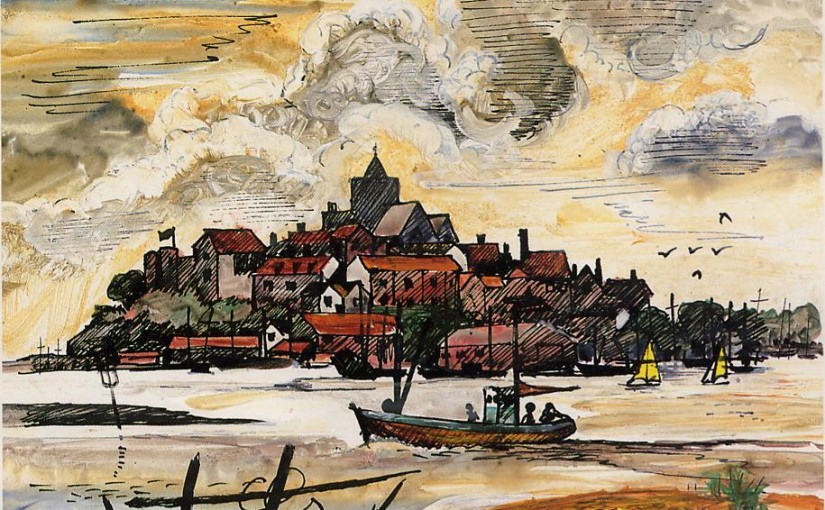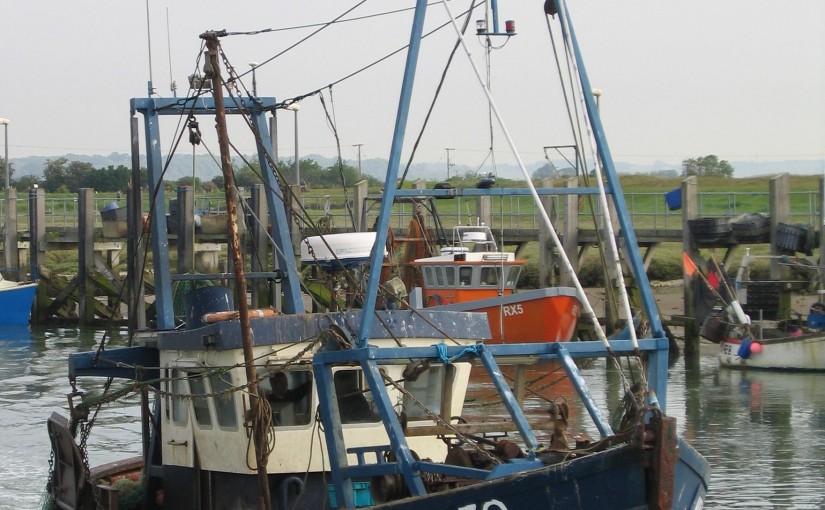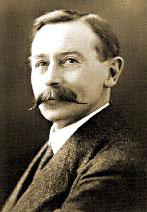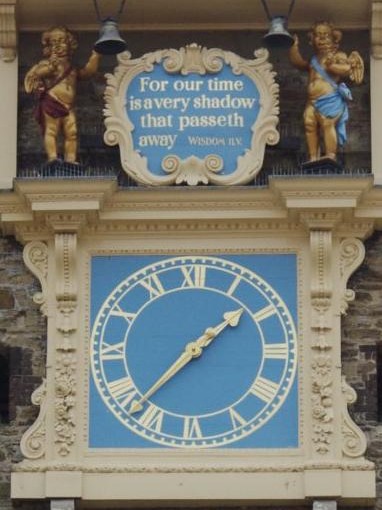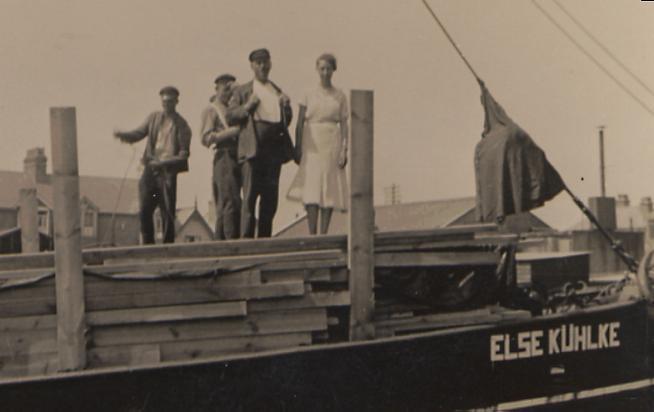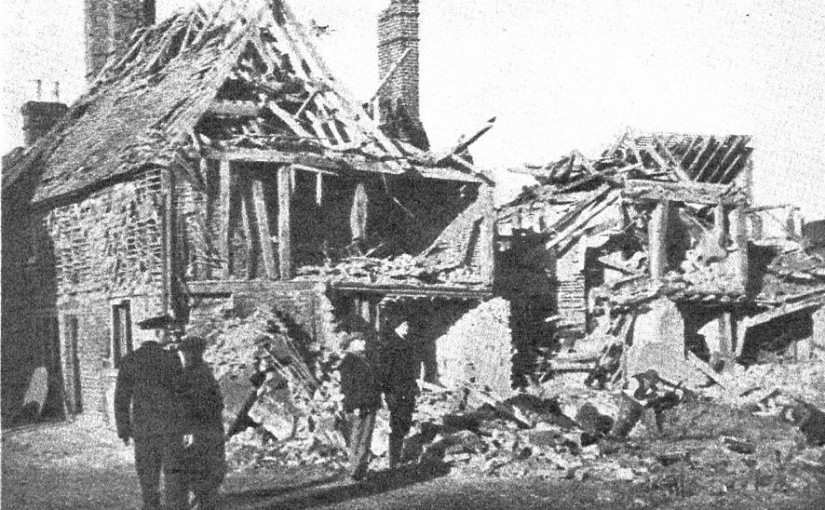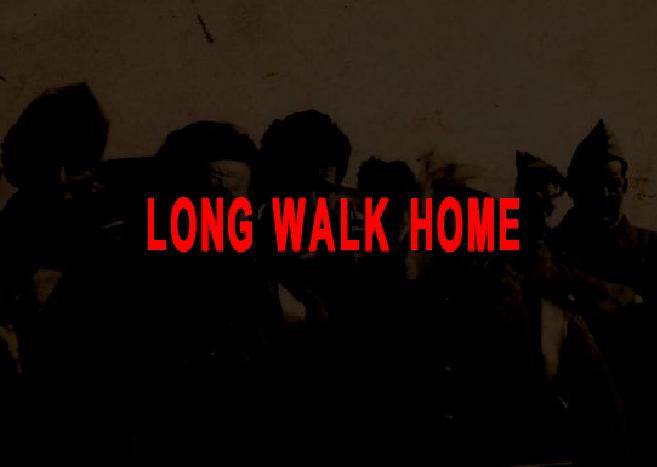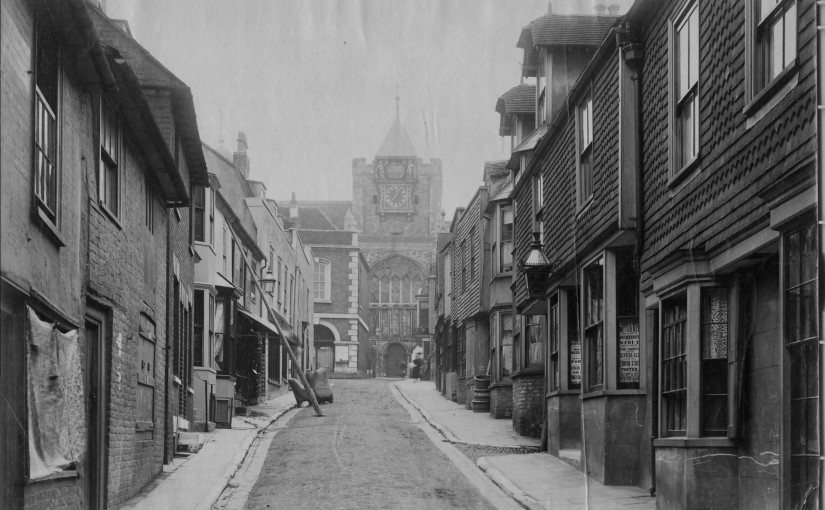The port was always used for commerce as well as military purposes. The Romans shipped much of their iron exports from it, for even in Roman days the Weald of Kent and Sussex were producing iron. Continue reading The Port of Rye
Category: Local History
The Port of Rye
The port was always used for commerce as well as military purposes. The Romans shipped much of their iron exports from it, for even in Roman days the Weald of Kent and Sussex were producing iron. Continue reading The Port of Rye
100 Years of Hastings Postcards
There is every chance that the postcard you send home from your holiday in Abergavenny or York started life right here in Sussex. Because since 1902 Hastings has been the home of Judges, one of Britain’s leading publishers of quality picture postcards. Continue reading 100 Years of Hastings Postcards
Rye Church Clock
Over 5,000 Windings
He Wound Rye Church Clock 5,000 Times In Seven Years
A clipping from a 1930’s Newspaper
Seven years ago today Mr. Frederick Nash, of Rye Parish Church, Sussex started winding the oldest working clock in the world. Ever since then he has turned its giant “key” twice a day. This evening he will wind it for the 5114th time. Continue reading Rye Church Clock
Else Kuhlke At Rye 1933
“Timber boats” as they were known locally, were a common sight at The Strand in the years between the Wars. By 1934 Hitler had sole charge of Germany and a programme of re-armament began. This effort required vast amounts of raw materials and soon the German coasters that brought in the timber were re-loaded with scrap metal from the Gasson’s scrap pile close to Brede Sluice. Continue reading Else Kuhlke At Rye 1933
It Was Hitler’s Fault
By Eric Streeton.
Over the years in conversation with friends and acquaintances some had been surprised to learn that I was born in Rye. How come then Eric? Was the usual comment, I thought you were a Winchelsea man. Well it’s like this, it was Hitler’s fault. During the Second World War my Mother, Father, and Sister Pauline’s home was in Winchelsea, at No 4 Salutation Cottages in Castle Street. On the 13th of January 1943 a German plane passed over the town and dropped two bombs. One for some reason allegedly bounced and finished up in the Tan yard, but the other one exploded on the cross roads of Mill Road and Castle Street. The blast sent a cloud of debris along the rest of Castle Street, andSt Thomas Street shaking plaster from the School ceiling, and just reaching Friars Road. One youngster picked up a lump of shrapnel for a souvenir, and then received a reprimand for taking it to school with him. Another family living in North Street had their breakfast ruined when glass was blown through the kitchen window while porridge was still on the stove. The time was approximately 8.50 am. Castle Cottage, The Post Office. Five Chimneys, Boundary House and the Salutation Cottages were the worst affected. Number 4 Salutation Cottage, was no more. On the casualty list of that day was my Mother and my Sister Pauline. My Sister was just about six weeks past her second birthday; both were buried in the rubble. The reason they were able to find them with comparative ease was my Sisters screams could be heard for miles. According to one old lady, my mother was toasted Hero of the day for her selflessness when she was heard to say to their rescuers, don’t worry about me, please save my child. (This would have been typical of Mother) Mother was taken to Rye Hospital with her injuries but I have no documented evidence of this, but I do have a first hand account of Mother being in Hospital. A chance meeting and conversation one day with a local Rye woman bought another tale to light. As a five year old she was machine gunned by a German plane as she was crossing the school play ground in Ferry Road, on the 15th of January and taken to Rye Hospital. She told me how the older women had looked after her, and that it was my Mother who had taught her to play whist. I do know that Mother was re admitted to Hospital again in November, I still have in my possession her release papers from that spell in Hospital. Father was still over seas in the Army and powerless to help. Mother and Pauline moved into temporary accommodation above the Queens Head in the Landgate and from there down to number two Western Place over the Sluice with Grandma Streeton. Very soon they were on the move again, this time to Ferry Road, at number eight, in a flat over the Butchers Shop, and it was while living there that I was born.
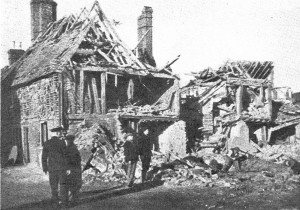
Up until my Mothers death in 1964, it was not uncommon for her to pick shards of glass from off her body; it was quite common place to see Mother with her leg up on a chair in front of her self picking glass from it. Many times I watched my Father picking glass from her scalp.
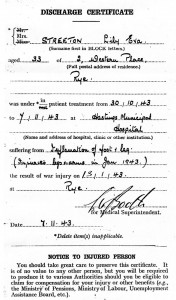
I have always felt that with so much glass in her body for all this time it must have contributed to the Cancer that finally ended her life aged just fifty four.
Earlier on last year I was looking at a B. B. C. Web Site which contained people’s reminiscences of World War Two. Here I found another woman’s account of this day in Winchelsea. She was around the same age as my Sister at this time, and also lived in the Salutation Cottages. (She also had a very interesting story to tell.) So with the help of a local Winchelsea family who had contact with this woman I was able to arrange contact between her and my Sister. If it had not been for that bomb, on that day, it would have been quite probable that they would have become acquainted. So now after sixty four years they have at last become acquainted. (Check her story out on the B.B.C Web site it’s well worth a read. The story can be found by using the following link.
http://www.bbc.co.uk/ww2peopleswar/stories/45/a2050345.shtml)
“Rye’s Own” February 2008
All material and pictures on the Rye’s Own Website are subject to strict Worldwide copyright.
The Long Journey Part Four
Michael Whiteman’s Graphic Account of His Days as a P.O.W. in World War Two.
Part Four: January 1944
Could the end be in sight?
So came January and towards the end a party was sent out to Sosnowiec. It was an iron works, electric plant plus it had its own coal mine, making coke. We were pulling down two areas for re-building. One morning we all refused to go to work, saying that they were making us work too hard, as we stood on parade the German in charge with a guard counted ten men, me amongst them, put us up against the wall – I thought “Iv’e been here before”. Threatened to shoot us if we did not go to work. Our Sergeant in charge said “OK lads, we’ll go back to work and see if we can get it sorted”. This we did to our advantage, early in May we were seeing train loads of political or Jewish POW s going to Auschwitz. Poor devils. We used to wave to them as our camp was close to the line. We did know what was happening to them because the Polish workers we worked alongside told us, they all seemed to know but kept it to themselves. Continue reading The Long Journey Part Four
The Long Journey Part Four
Michael Whiteman’s Graphic Account of His Days as a P.O.W. in World War Two.
Part Four: January 1944
Could the end be in sight?
So came January and towards the end a party was sent out to Sosnowiec. It was an iron works, electric plant plus it had its own coal mine, making coke. We were pulling down two areas for re-building. One morning we all refused to go to work, saying that they were making us work too hard, as we stood on parade the Continue reading The Long Journey Part Four
Not Much Traffic Then
Another great old Rye photograph, this time from the Eric Streeton Collection. ‘Lion Street on a gloomy day’. Continue reading Not Much Traffic Then
Edwin Hollis Pulford
AN OLD AND FAITHFUL SERVANT OF THE CORPORATION’
The story of Edwin Hollis Pulford from Ship’s Cook and Shoemaker to Sergeant at Mace and Town Crier of Rye.
By J. C. Pulford.
One day, about 35 years ago, the then Town Crier of Rye, Percy Sherwood, an old acquaintance of my father’s, led my father and me to an upstairs room in the Town Hall to show us an old book that was kept there. In the book was the signature of one of Percy’s Victorian predecessors -Edwin Hollis Pulford. Continue reading Edwin Hollis Pulford
